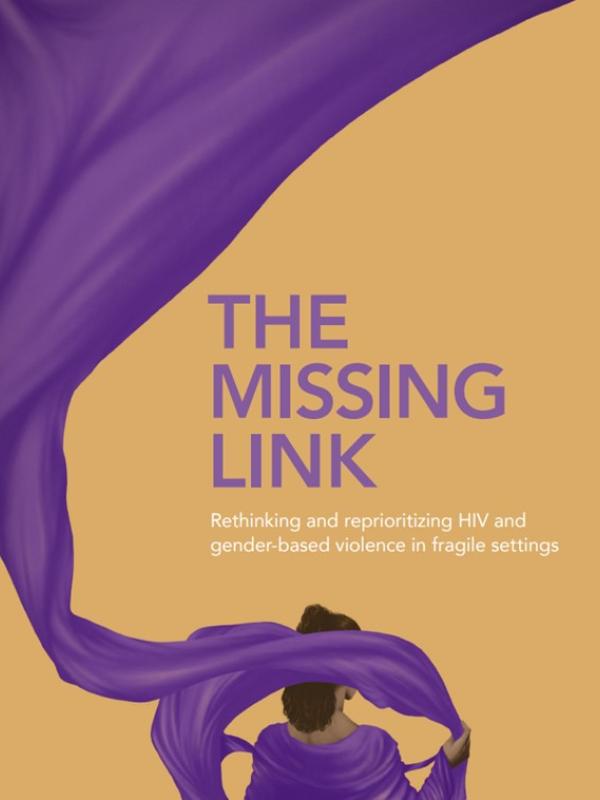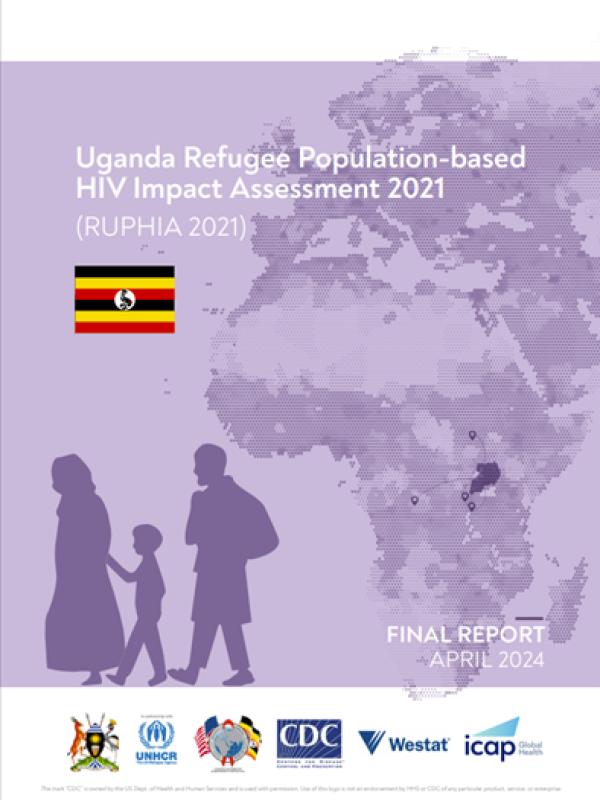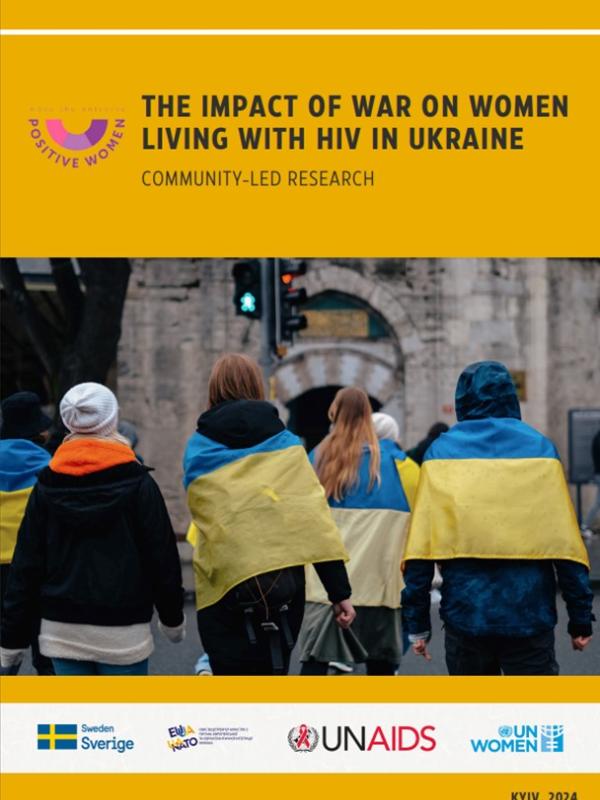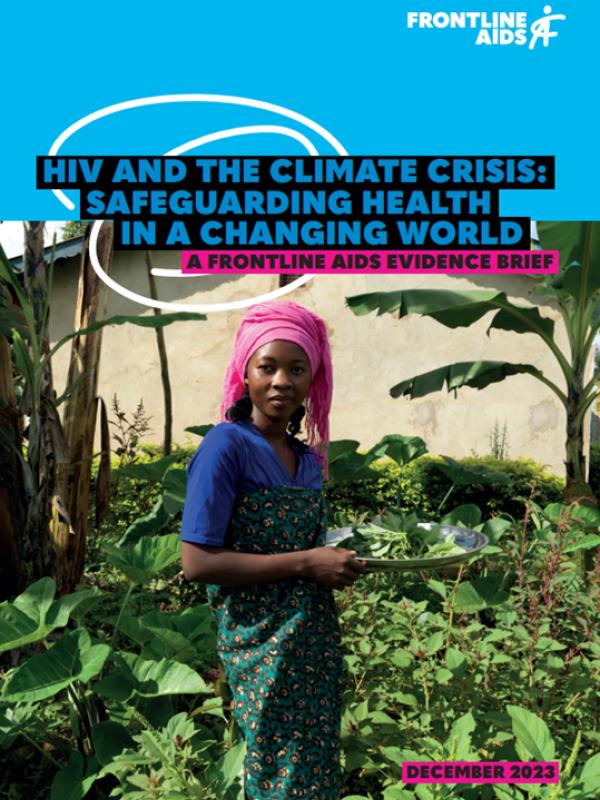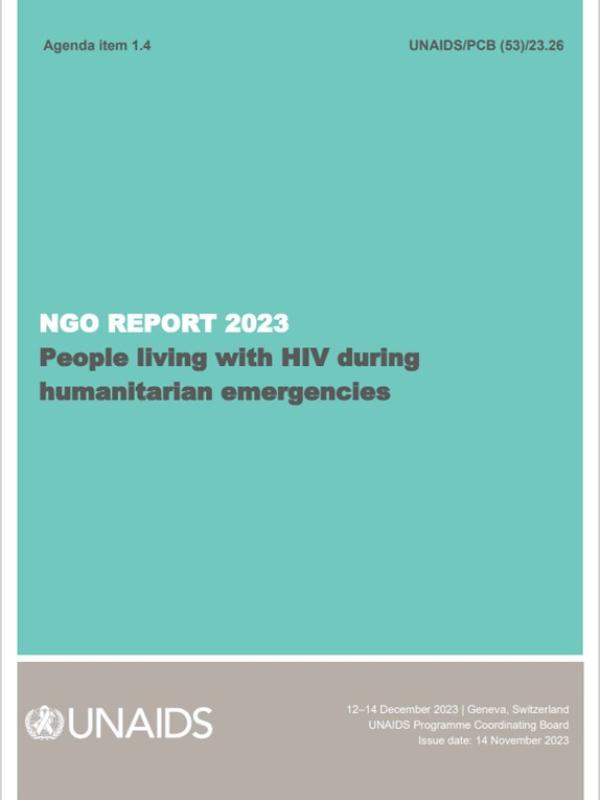This report explores the extent to which evidence, policy, normative guidance and commitments on HIV and gender-based violence, and their interlinkages, is being translated into action on the ground in fragile settings. These issues are explored through the lens of training of peace support operations deploying African troops across Africa and beyond. Translations are available in French, Portuguese and Arabic
Continue readingHousehold-based survey to measure the impact of the national HIV response among adults (aged 15 years and older) living in refugee settlements in Uganda, conducted from October 2021 through December 2021
Continue readingThis community-led quantitative and qualitative research conducted by “Positive women” highlights the situation and needs of women living with HIV during the war in Ukraine and offers key recommendations to improve access to essential services and to creating a supportive environment for HIV-positive women. The questionnaire that was used can be found at the end of the report.
Continue readingThis Frontline AIDS evidence brief sets out, for the first time, a clear framework demonstrating the effects of the climate crisis on HIV. Alongside the framework, there are case studies from community-based partners: Alive Medical Services, Zvandiri, and MENAHRA.
Continue readingThis 2023 NGO Report builds on the 2018 NGO Report titled People on the move. It is intended to be a user-friendly document which, among other things, expands our understanding of humanitarian emergencies and contributes to the development of a minimum package of services for people living with HIV during humanitarian emergencies.
Continue reading